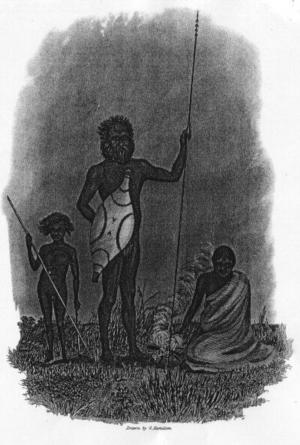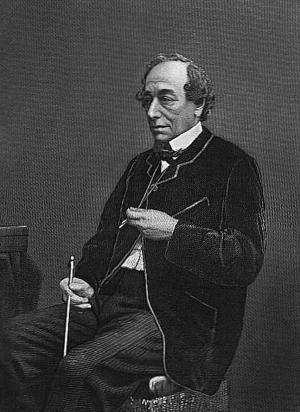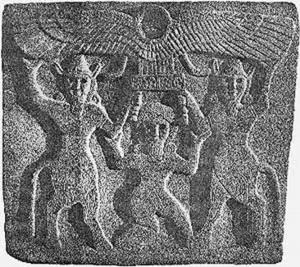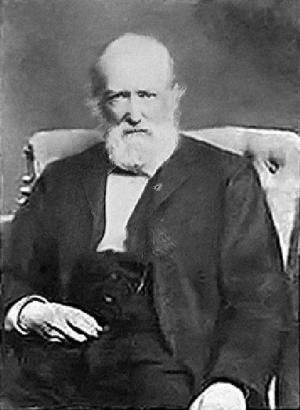| Author: | Friedrich Nietzsche | ISBN: | 9781455317325 |
| Publisher: | B&R Samizdat Express | Publication: | December 15, 2009 |
| Imprint: | Language: | German |
| Author: | Friedrich Nietzsche |
| ISBN: | 9781455317325 |
| Publisher: | B&R Samizdat Express |
| Publication: | December 15, 2009 |
| Imprint: | |
| Language: | German |
According to Wikipedia: "Friedrich Wilhelm Nietzsche (October 15, 1844 August 25, 1900) was a nineteenth-century German philosopher and classical philologist. He wrote critical texts on religion, morality, contemporary culture, philosophy, and science, using a distinctive German language style and displaying a fondness for metaphor and aphorism. Nietzsche's influence remains substantial within and beyond philosophy, notably in existentialism and postmodernism. His style and radical questioning of the value and objectivity of truth have resulted in much commentary and interpretation, mostly in the continental tradition, and some analytic philosophy. His key ideas include interpreting tragedy as an affirmation of life, an eternal recurrence (which numerous commentators have re-interpreted), a rejection of Platonism, and a repudiation of both Christianity and Egalitarianism (especially in the form of Democracy and Socialism)."
According to Wikipedia: "Friedrich Wilhelm Nietzsche (October 15, 1844 August 25, 1900) was a nineteenth-century German philosopher and classical philologist. He wrote critical texts on religion, morality, contemporary culture, philosophy, and science, using a distinctive German language style and displaying a fondness for metaphor and aphorism. Nietzsche's influence remains substantial within and beyond philosophy, notably in existentialism and postmodernism. His style and radical questioning of the value and objectivity of truth have resulted in much commentary and interpretation, mostly in the continental tradition, and some analytic philosophy. His key ideas include interpreting tragedy as an affirmation of life, an eternal recurrence (which numerous commentators have re-interpreted), a rejection of Platonism, and a repudiation of both Christianity and Egalitarianism (especially in the form of Democracy and Socialism)."















